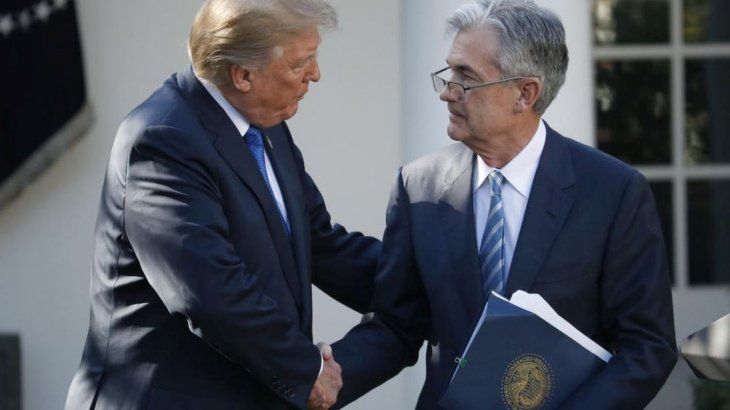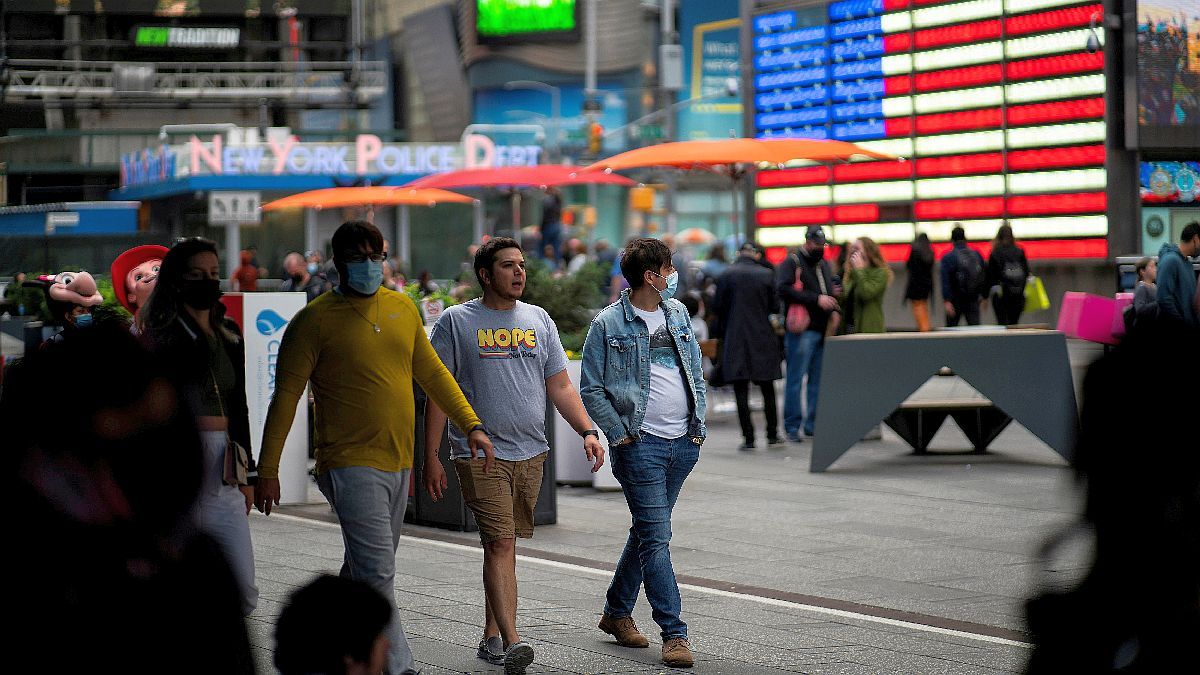The consumer price index in the US rose for the second consecutive month promoted by the increase in housing and fuels. The tariff climb promoted by Trump and its pressures to the Federal Reserve Tension the economic climate.
The tariff climb promoted by President Donald Trump is already beginning to feel in the real economy. According to data published on Tuesday by the Office of Labor Statistics of the United States, the Consumer Price Index (CPI) interannual reached 2.7% in June, The highest level since February and above the 2.4% registered in May. It is the second consecutive month of acceleration of inflation.
The content you want to access is exclusive to subscribers.
In monthly terms, the CPI increased 0.3%, the largest rise since January, after the lean 0.1% of the previous month. The highest rising impulse came from housing prices, with an increase of 0.2%, and fuel, which rose 1%.


As for core inflation that excludes food and energy- it was 2.9% year-on-year, after staying three consecutive months in 2.8%. While this is still the lowest rate since 2021, it marks a change in trend that worries the Federal Reserve (Fed).
Trump and Powell.jpg

Donald Trump presses the Fed for the loss of fees
Tariffs and tensions with the Fed
The data arrives in a context of high commercial voltage. In recent days, Trump sent communications to fifty countries – including those of the European Union – anticipating New multilateral tariffs that will begin to govern from August 1. To the measures already in force, such as the 10% general tariff and the 50% surcharge to the imports of steel and aluminum, new rates will now be added that could deepen the inflationary effects.
The pressure also moves to the monetary field. The president intensified his attacks against the president of the FED, Jerome Powell, whom he accuses of not lowering interest rates. Trump demands that rates are located around 1% or 2%well below the current range of 4.25% to 4.5%with the argument that this would allow reducing indebtedness costs and stimulating the economy.
Source: Ambito




